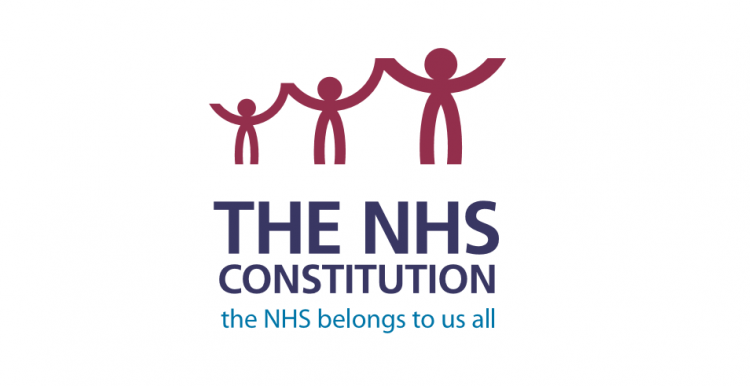Know your NHS rights and responsibilities

The NHS Constitution was first published in 2009 and is reviewed and renewed at least once every 10 years.
The document and its explanatory handbook spell out:
- The underlying principles and values of the NHS in England
- Legal rights for patients, the public and staff
- Pledges that the NHS is committed to achieving – including maximum waiting times for starting treatment
- Responsibilities of the public, patients and staff to help make sure the NHS runs fairly and effectively.
As a user of the NHS, your responsibilities include:
- helping to looking after your own health
- treating staff and other patients with respect
- keeping appointments
- providing accurate information
Waiting Times
Under the NHS Constitution, patients have a right to start treatment within maximum waiting times.
As long as you choose it and it is appropriate for you, you have the right to start non-emergency treatment within a maximum of 18 weeks from when you are referred by your GP.
Making a complaint
The Constitution guides patients on how to get redress or make a complaint and get it properly investigated.
This includes the right to:
- Have any complaint you make about NHS services acknowledged within three working days and to have it properly investigated.
- Be kept informed of progress and to know the outcome of any investigation into your complaint
- Take higher action to an Ombudsman if you are not happy with the NHS response.
Find out more
Learn more about what you can expect from the NHS and its commitments to patients and the public.
